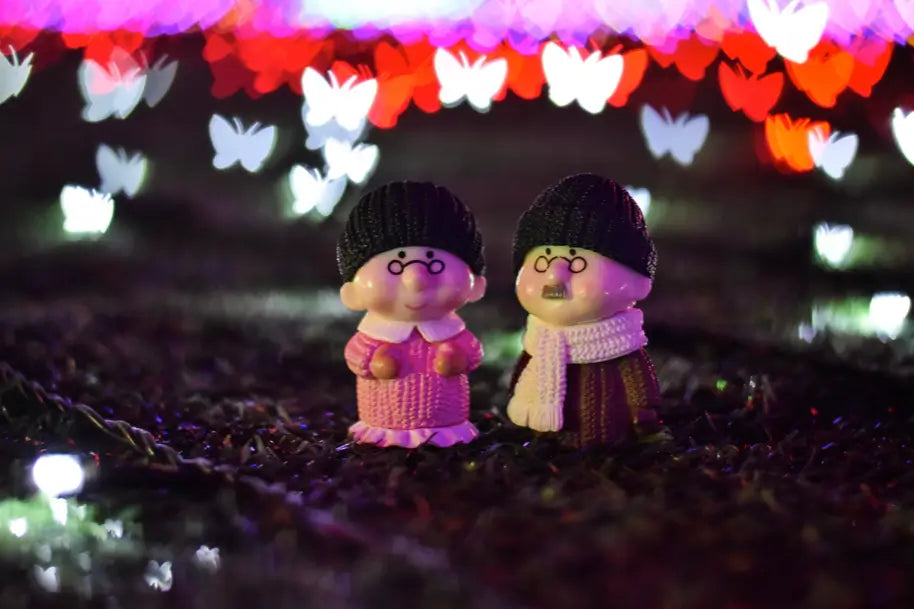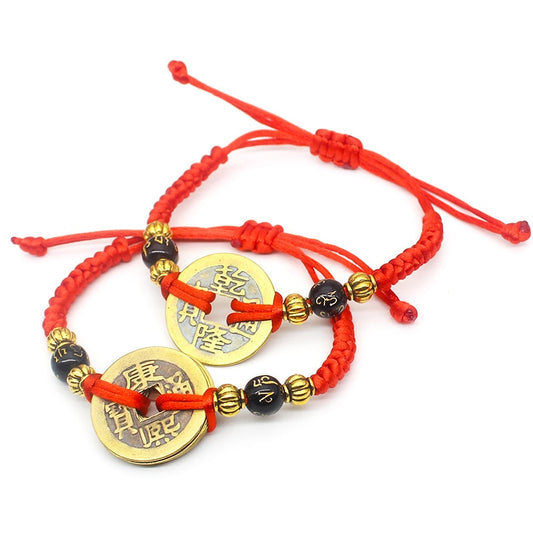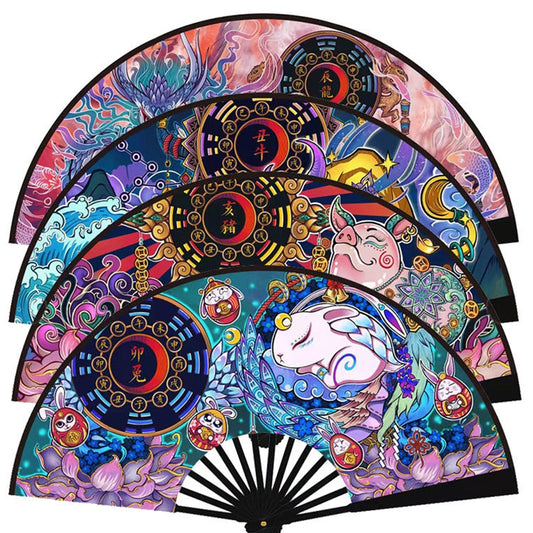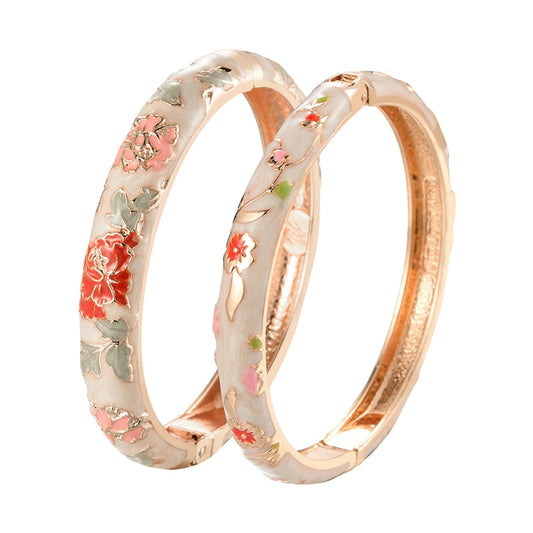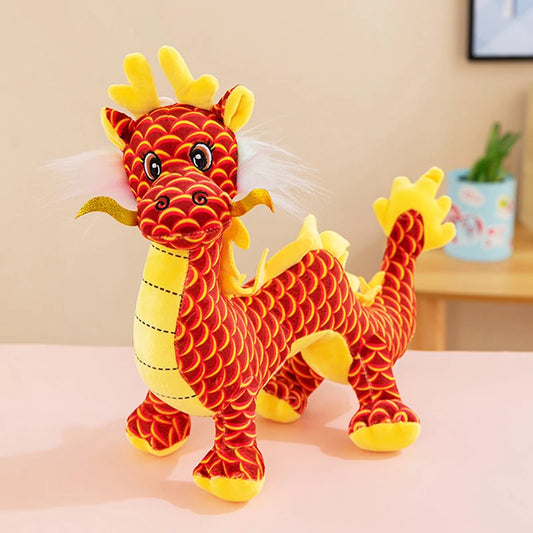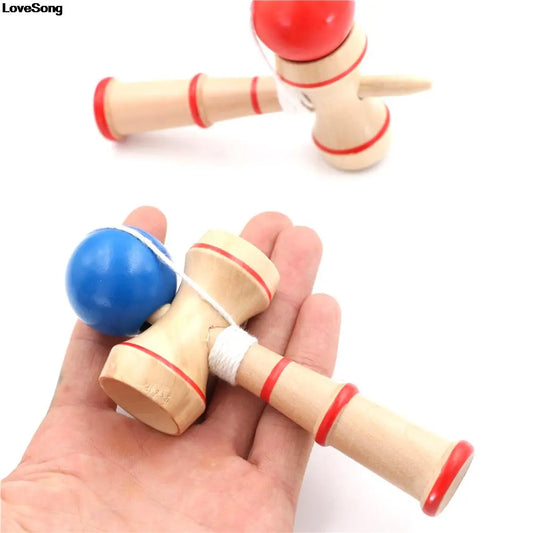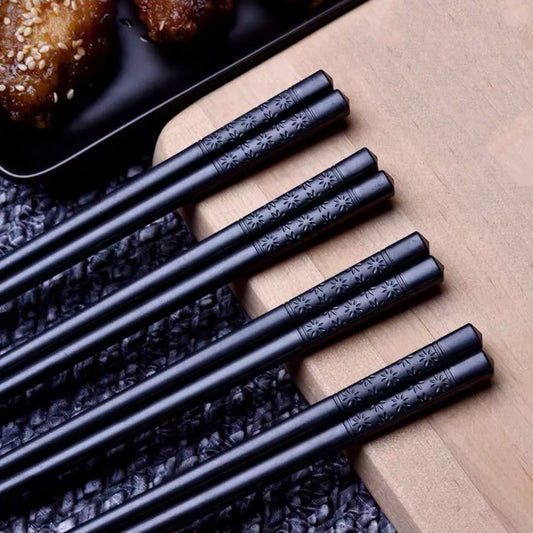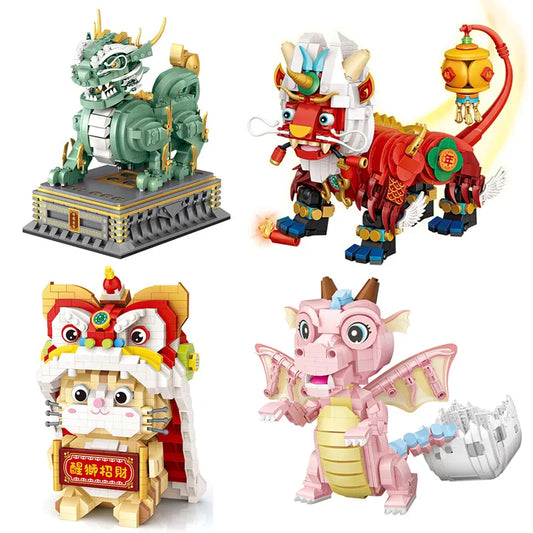When it comes to love stories, Hollywood might have Romeo and Juliet, but China has something even older, more magical, and arguably more heart-wrenching: the tale behind the Qixi Festival. Sometimes called the “Chinese Valentine’s Day,” Qixi is celebrated every year with romance, folklore, and plenty of starry-eyed traditions. But there’s more to this festival than just sweet dates and red roses. Let’s dive deep into the history, legends, customs, and modern twists of this fascinating celebration.

What Is the Qixi Festival?
The Qixi Festival (七夕节, qī xī jié) literally means “The Night of Sevens” or “The Seventh Evening.” It falls on the seventh day of the seventh lunar month, which usually lands in August on the Gregorian calendar.
For centuries, this day has been all about love, longing, and a bittersweet legend that connects humans, stars, and fate. While some call it China’s version of Valentine’s Day, Qixi is actually much older—dating back over 2,000 years.
Unlike the candy-and-card consumerism of Western Valentine’s, Qixi carries cultural depth: ancient rituals, seasonal harvest meanings, and a story that makes even the toughest people sigh.
The Legend Behind Qixi Festival
The Weaver Girl and the Cowherd
The Qixi Festival is rooted in one of China’s most famous folktales: the story of Zhinu (织女, the Weaver Girl) and Niulang (牛郎, the Cowherd). According to legend, Zhinu was a celestial maiden, skilled in weaving clouds and garments for the heavens. She fell in love with Niulang, a kind-hearted but poor cowherd living on Earth.
Defying the will of the heavens, they married and lived happily for a while, raising two children. But when the Jade Emperor (ruler of heaven) discovered their union, he was furious. Zhinu was dragged back to heaven, separated from Niulang by the vast Milky Way.
The Magpie Bridge of Love
The story doesn’t end in despair. Once a year, on the seventh day of the seventh lunar month, a flock of magpies forms a bridge across the Milky Way, allowing the lovers to reunite. For one magical night, love conquers distance, duty, and divine rules.
This myth is why the Qixi Festival is celebrated—not just as a lovers’ day, but as a reminder that true love can overcome cosmic obstacles.

How Do People Traditionally Celebrate Qixi?
Needlework and Skill Competitions
In ancient times, Qixi wasn’t only about romance. Women would show off their skills in weaving, embroidery, and needlework on this night, praying to Zhinu for wisdom and dexterity. Sometimes competitions were held to see who could thread a needle under moonlight the fastest—a challenge that sounds both poetic and stressful.
Prayers for Love and Marriage
Young women also offered fruits, flowers, and handmade crafts at altars, praying for a good husband or eternal love. It wasn’t just about wishing for romance—it was also about family harmony and prosperity.
Gazing at the Stars
Couples and singles alike would look to the sky on Qixi night, hoping to spot the stars Vega (Zhinu) and Altair (Niulang), separated by the shimmering band of the Milky Way. If you’re lucky enough to see a shooting star, it’s said to be the magpies flying across the sky.
Modern Qixi Festival Traditions
Today, Qixi Festival has taken on a modern flair, especially in cities.
- Gift Exchanges: Much like Valentine’s Day, couples exchange chocolates, flowers, jewelry, and sometimes even designer handbags (because nothing says love like a receipt from Chanel).
- Romantic Dates: Restaurants, hotels, and theme parks offer Qixi promotions, making it one of the busiest days for couples.
- Online Shopping Sprees: E-commerce platforms in China hold Qixi sales—because modern love also involves discounted skincare sets.
Still, some families keep old traditions alive by crafting handmade gifts or stargazing together.
Symbolism of the Qixi Festival
The Qixi Festival isn’t only about romance—it’s rich in cultural symbolism:
- The Milky Way: A metaphor for obstacles in love and life.
- The Magpie Bridge: Symbol of reunion, loyalty, and faithfulness.
- Needlework: A reflection of diligence, wisdom, and traditional feminine virtues.
This mix of romance and practicality makes Qixi stand out compared to other love-themed holidays.
Food of Qixi Festival: More Than Just Candy
No Chinese festival is complete without special food, and Qixi is no exception.
Qiaoguo – “Skillful Pastries”
In the north of China, people eat qiaoguo (巧果)—crispy fried pastries made of flour, oil, sugar, and honey. The name means “skillful fruit” and is linked to prayers for dexterity and intelligence.
Other Regional Delicacies
- Sticky rice cakes shaped like animals or flowers
- Seasonal fruits like melons, which symbolize sweetness and fertility
- Tea rituals where young women gathered to chat about love and marriage
Eating these foods wasn’t just about taste—it was about honoring Zhinu and wishing for good fortune.
Qixi vs Valentine’s Day: What’s the Difference?
While both festivals celebrate love, they differ in origin, culture, and mood.
- Valentine’s Day: Rooted in Western Christian traditions, now commercialized worldwide with roses, chocolates, and candlelit dinners.
- Qixi Festival: Based on a deeply Chinese legend, mixing love with moral lessons, seasonal prayers, and star-gazing.
Think of it this way: Valentine’s Day is champagne and roses; Qixi is starlight and folklore.

Qixi Festival in Popular Culture
The legend of Niulang and Zhinu has inspired countless works of art:
- Poetry: Ancient Tang and Song dynasty poets often wrote about their tragic love.
- Opera and Theater: The story has been retold in Chinese opera and dramas.
- TV Series and Movies: Modern adaptations often give the tale a happier ending, proving that even folklore can get a Netflix remake.
Why Qixi Still Matters Today
You might wonder: in a fast-paced world of dating apps and short attention spans, does Qixi still matter? The answer is yes. It represents values that never go out of style—commitment, patience, and hope.
In fact, Qixi resonates globally. With rising cultural exchange, more people outside China are learning about it, and brands are using the festival to connect with audiences in fun, romantic ways.
Travel and Tourism on Qixi
Some regions in China have embraced Qixi as a tourism booster. Towns host Qixi-themed parades, markets, and stargazing events. Traditional wedding ceremonies are reenacted, giving couples the chance to “marry like the ancients.”
Even if you’re not in China, you can celebrate by:
- Stargazing and spotting Vega and Altair
- Cooking your own qiaoguo snacks
- Writing love letters (yes, actual pen and paper)
Conclusion: A Festival of Eternal Love
The Qixi Festival is more than just another date on the calendar. It’s a celebration of love that defies time and space, blending ancient legends with modern romance. Whether you’re single, taken, or “it’s complicated,” Qixi is a reminder that love—like the magpie bridge—can bring people together against all odds.
So next time you look up at the summer night sky, remember the Cowherd and Weaver Girl, and maybe, just maybe, make a wish for your own happily-ever-after.

